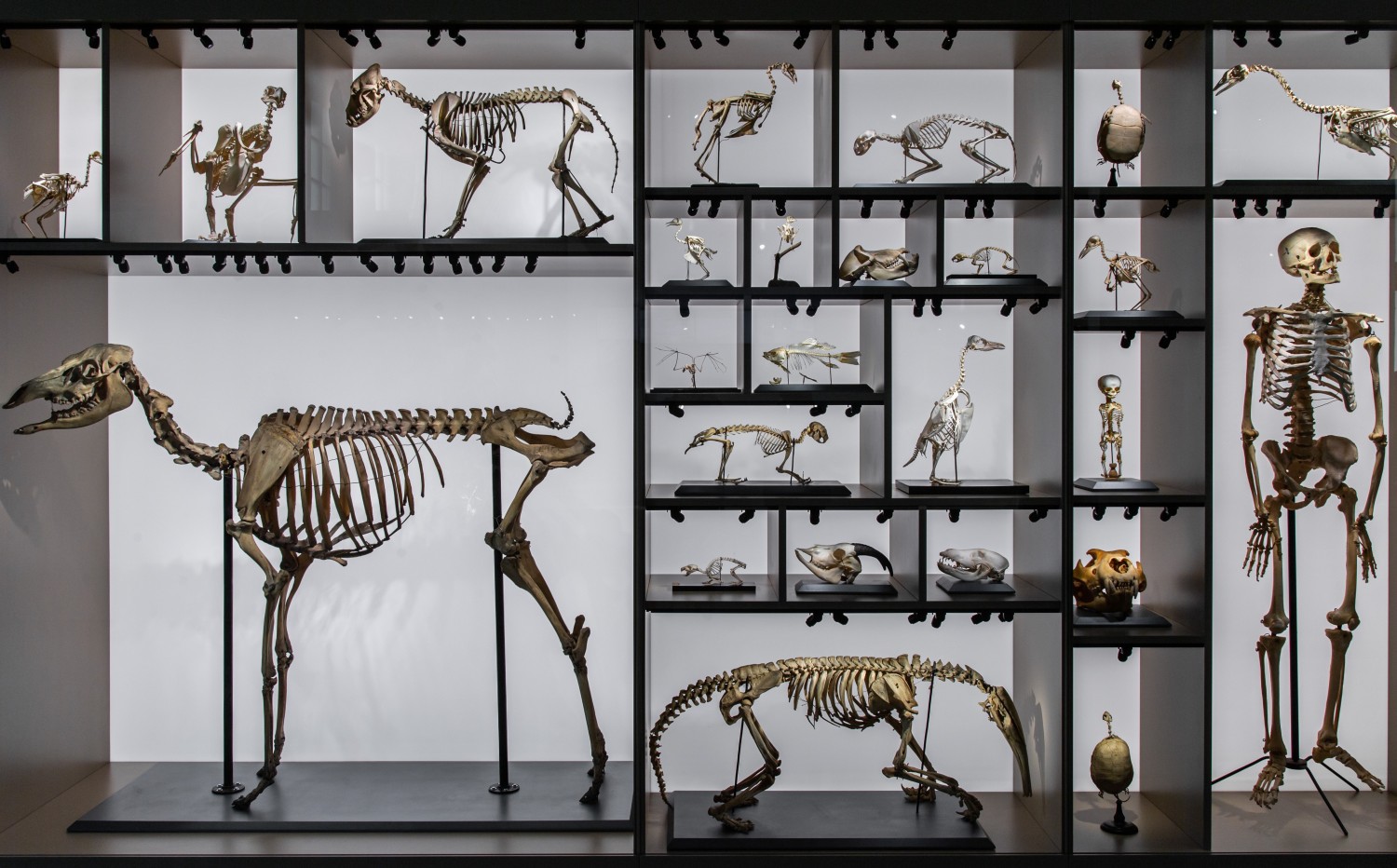BY RON BARTANEN — I should probably have entitled this article, "The Faith of Pseudo-Science". In an age when science is looked to as the answer for about everything, we need to remind ourselves that in addition to real science there is, and always has been, a “science falsely so-called” (1 Timothy 6:20).
There was a time—which now seems to us to have been in the ancient past—in which scientists readily perceived God’s hand in creation. Isaac Newton was just such a scientist. In his older years he wrote in the second edition of Principia, a publication of his discoveries in physics: “The true God is a living, intelligent and powerful being. His direction reaches from eternity to eternity, His presence from infinity to infinity. He governs all things.” Due to his great discoveries, he was described by Albert Einstein as “this brilliant genius who determined the course of Western thought, research, and practice to an extent that nobody before or since his time can touch” (Essays in Science by Einstein).
While there is still a large number of scientists who believe in God, an atheistic science-cult has dominated the media and textbooks, seeking to belittle scientists who believe that for every effect there must be a cause, and the existence of an orderly creation demands the existence of a God of order.
The faith of this science-cult is in the non-existence of God. It is readily admitted by many of this religious persuasion that their acceptance of evolution as the explanation for the existence of all things was a choice based upon their desires.
Note some such statements of faith:
“I suppose the reason we leaped at the origin of species was because the idea of God interfered with our sexual mores.” (Sir Julian Huxley, late president of UNESCO and grandson of Darwin’s colleague, Thomas Huxley)
“I want atheism to be true, and am made uneasy by the fact that some of the most intelligent and well-informed people I know are religious believers. It isn’t just that I don’t believe in God and, naturally, hope that I’m right in my belief. It’s that I hope there is not God: I don’t want the universe to be like that.” (Thomas Nagel, New York University philosophy professor)
“I do not want to believe in God. I choose to believe in that which I know is scientifically impossible, spontaneous generation arising to evolution.” (Dr. George Wild, Nobel Prize winner and professor emeritus of biology, Harvard University in Scientific American)
This is why the debate over “Intelligent Design” has been so heated. While the evidence for creation mounts, and the impossibility of an orderly creation without a Creator becomes ever more apparent, scientists who cling to their hope that there is no Creator to whom they must someday give account, are in a panic, desperately seeking to silence opposition from scientists who look objectively at the evidence and conclude that creation didn’t just happen, and to keep the evidence from influencing the thinking of our children. As loyal cultists, they must defend their cult’s creed.
Such is the faith of today’s “science.”
Ron is a retired gospel preacher living in Florida. This article comes from his weekly email, "The Sower".
- How important is the church? - 2026-02-08
- Living our faith - 2026-01-24
- Abraham, called of God - 2026-01-11
